Top 7 Caraway Seed Substitutes for Baking and Cooking
When you need to replace caraway seeds in your recipes, these top alternatives provide similar flavors with easy substitutions. Here's a quick comparison of the best substitutes with ratios and usage tips.
| Spice | Flavor Profile | Best For | Substitution Ratio | Notes |
|---|---|---|---|---|
| Anise Seeds | Licorice-like, sweet | Baked goods, desserts | 1:1 | Slightly sweeter than caraway; use less if needed |
| Cumin Seeds | Earthy, warm, smoky | Mediterranean & Middle Eastern dishes | 1:1 | More robust flavor; works well in savory dishes |
| Dill Seeds | Grassy, tangy | Pickling, soups, salads | 1:1 | Less peppery; gives a lighter flavor |
| Fennel Seeds | Similar to anise but milder | Vegetable dishes, seafood, Italian cuisine | 1:1 | Use sparingly to avoid overpowering |
| Coriander Seeds | Citrusy, spicy | Stews, braises, rubs | 1:1 | Offers brightness, less bitterness |
| Nigella Seeds (Black Onion Seeds) | Mildly bitter, nutty, oregano-like | Flatbreads, pickles, Indian dishes | 1:1 | Texture and flavor differ slightly |
| Cinnamon Stick (Ground Cinnamon) | Warm, sweet, woody | Slow-cooked dishes, spiced meats | ½–¾ tsp ground per 1 tsp whole seeds | Only suitable in select recipes where warmth is key |
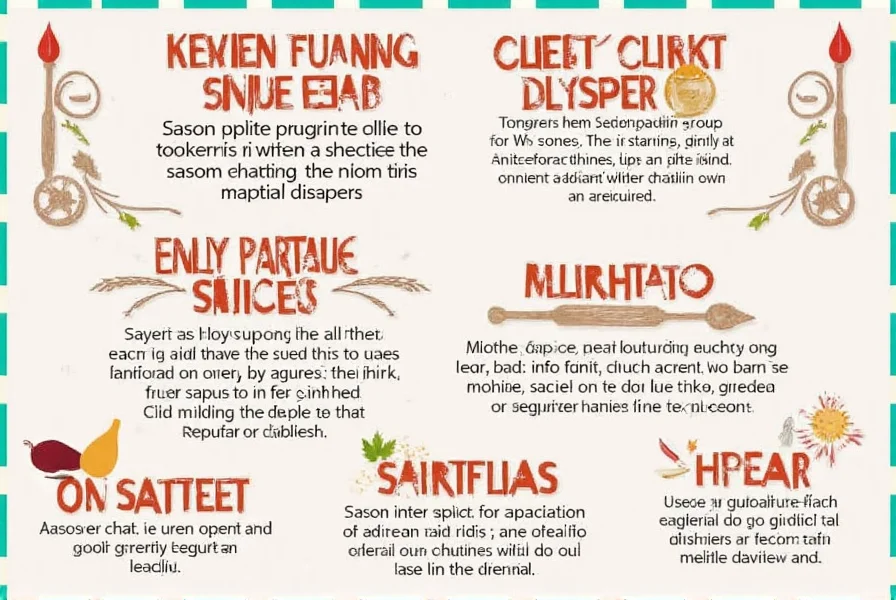
Anise Seeds
Anise seeds offer a sweet, licorice-like flavor ideal for baked goods like gingerbread or holiday loaves. Use a 1:1 ratio but reduce slightly for sweeter dishes.
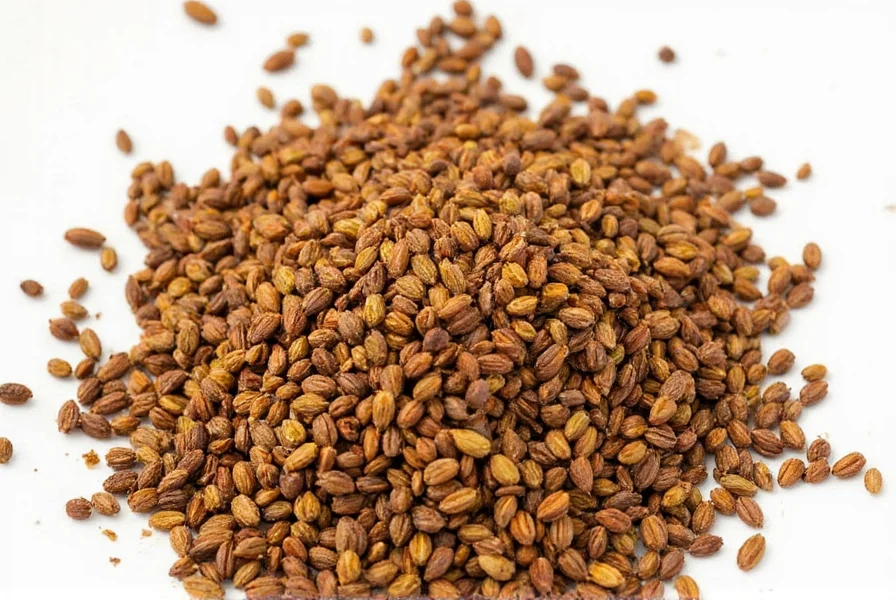
Cumin Seeds
Cumin provides a smoky, earthy warmth perfect for lentils or tagines. Substitute 1:1 for savory dishes needing depth.
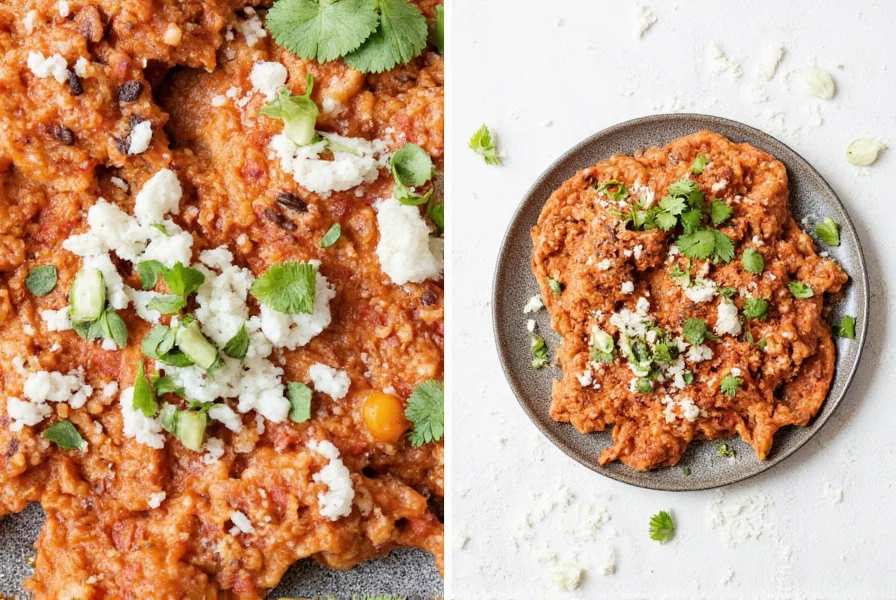
Dill Seeds
Dill seeds add a grassy, tangy note for pickling brines or potato salads. Use 1:1 for lighter herbal flavors.
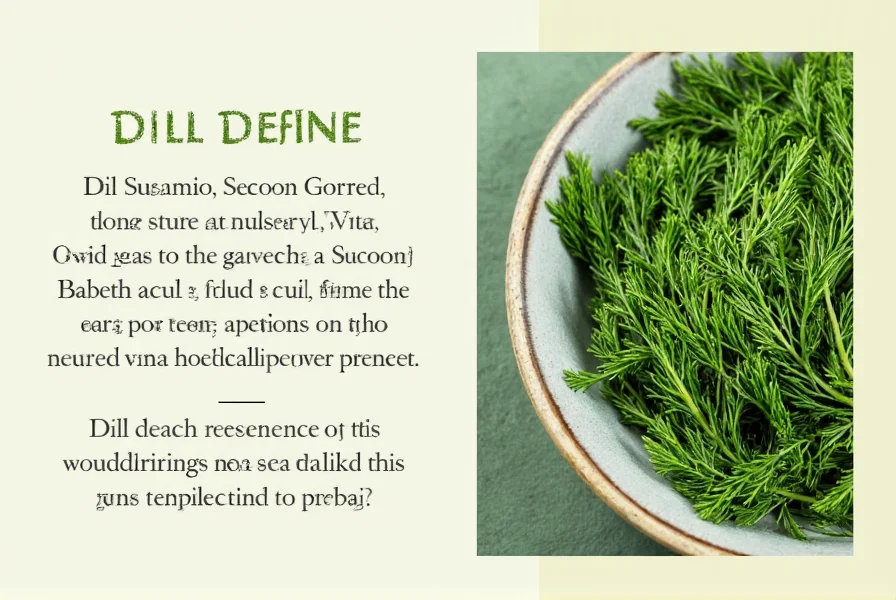
Fennel Seeds
Fennel seeds bring a mild licorice tone to roasts or fish dishes. Use sparingly to avoid overpowering.
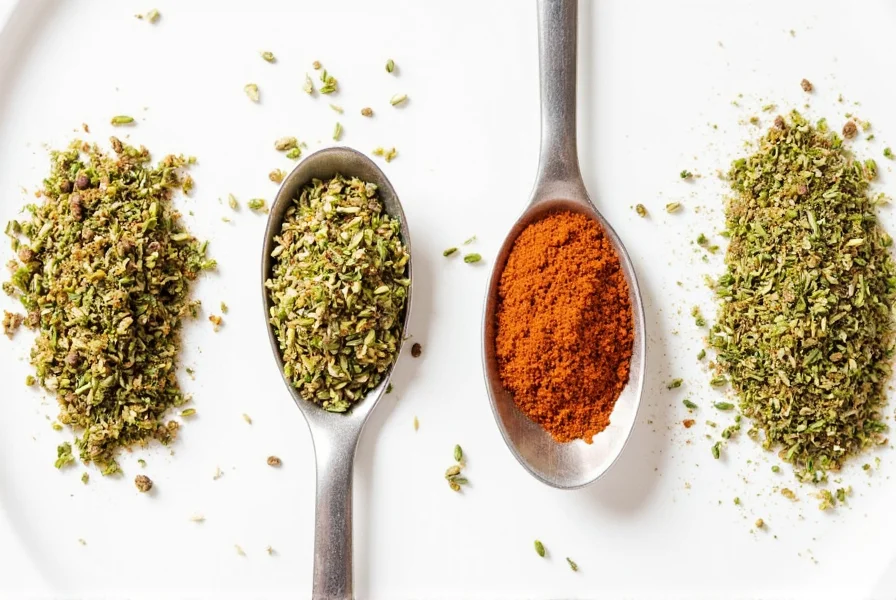
Coriander Seeds
Coriander offers bright citrus notes for spice blends or slow-cooked meats. Substitute 1:1 for a fresher twist.

Nigella Seeds
Nigella seeds (kalonji) provide onion and oregano notes for flatbreads or curries. Use 1:1 with texture differences.
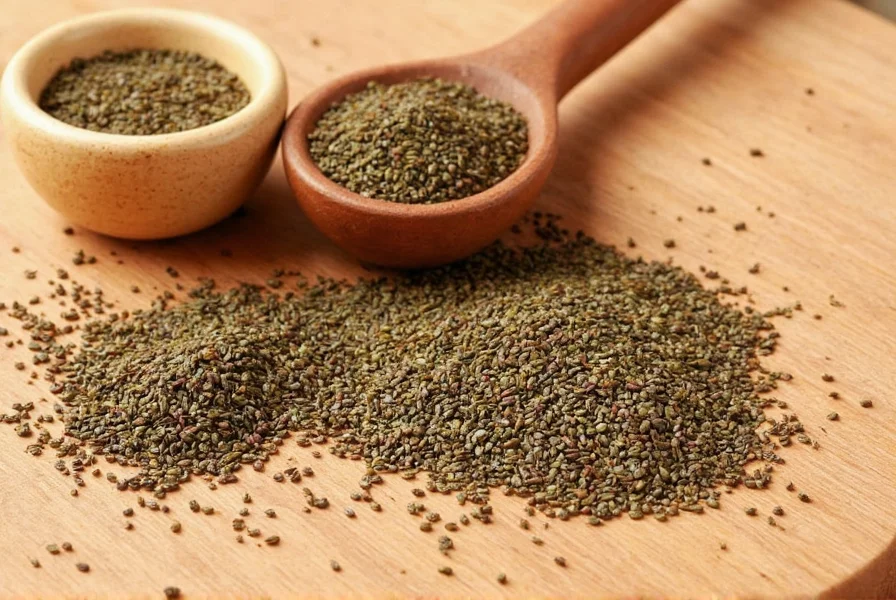
Cinnamon (Stick or Ground)
Cinnamon works best in slow-simmered stews for warmth. Use ½–¾ tsp ground per 1 tsp whole seeds only where sweetness is key.
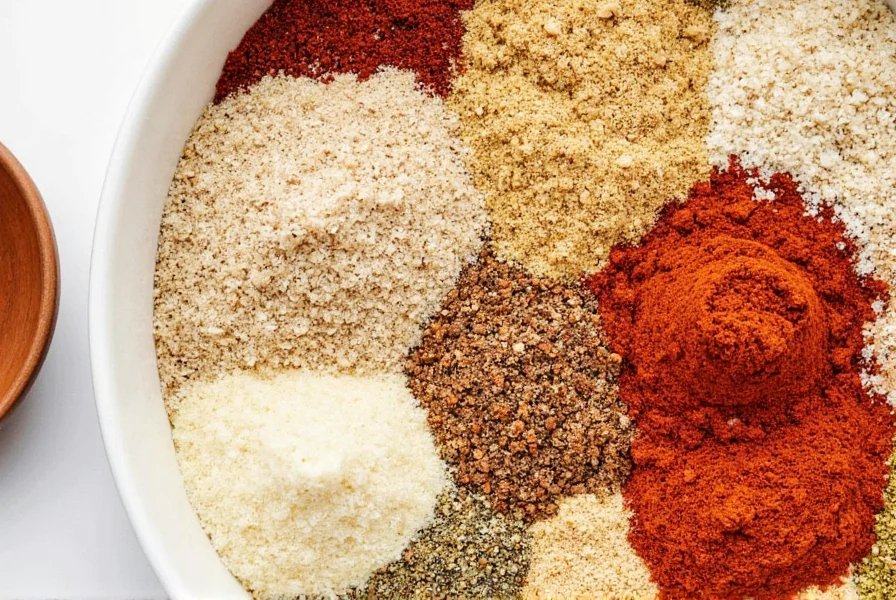
Pro Tips for Cooking Without Caraway Seeds
- Toast before using: Lightly toast any seed substitute in a dry pan to unlock more oils and enhance flavor.
- Adjust ratios: Some substitutes are stronger than caraway. Start with less and adjust to taste.
- Pair wisely: Match substitutes with ingredients they naturally complement (e.g., cinnamon with apples, dill with potatoes).
- Store properly: Keep spices in cool, dark places in airtight jars. Replace every 6–12 months for maximum freshness.
- Experiment boldly: Sometimes the best flavors come from happy accidents — try blending two substitutes for a unique twist.
Recipes That Use Caraway Seed Alternatives
Rye Bread with Anise Seeds
Swap caraway with anise for a sweeter, more fragrant loaf. Perfect for holiday breakfasts or artisan-style sandwich making.
Middle Eastern Lamb with Toasted Cumin
This rich lamb dish gets a boost from cumin, replacing caraway’s earthiness with a deep, smoky warmth.
Dill Pickled Vegetables
Dill seeds add a clean, grassy edge to homemade pickles, mimicking caraway’s herbal side without the bite.
Fennel Crusted Fish
Light, flaky fish gets a fresh twist with crushed fennel seeds. A beautiful way to enjoy coastal cuisine indoors.
Coriander-Spiced Chicken Tagine
Bring North African flavors home with this warming chicken stew that swaps out caraway for a zesty citrus kick.

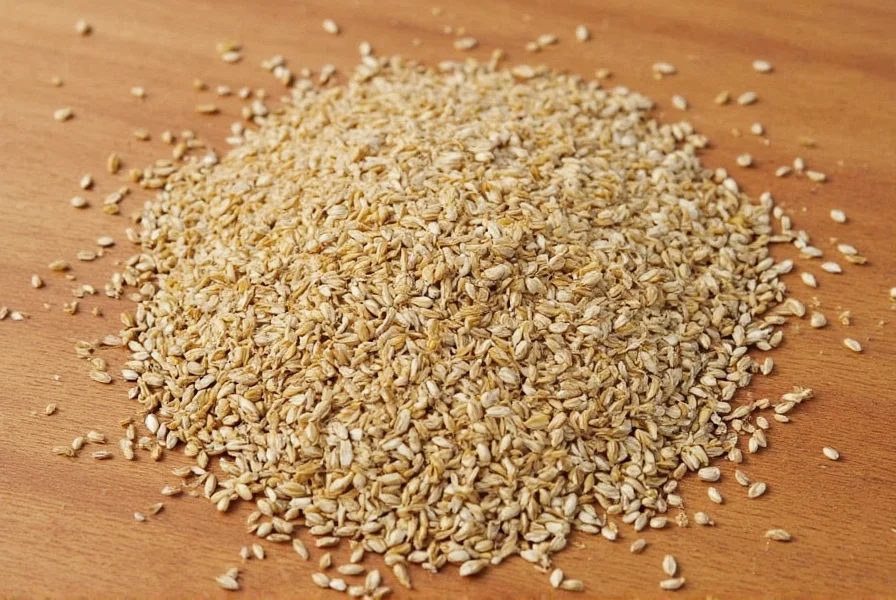









 浙公网安备
33010002000092号
浙公网安备
33010002000092号 浙B2-20120091-4
浙B2-20120091-4